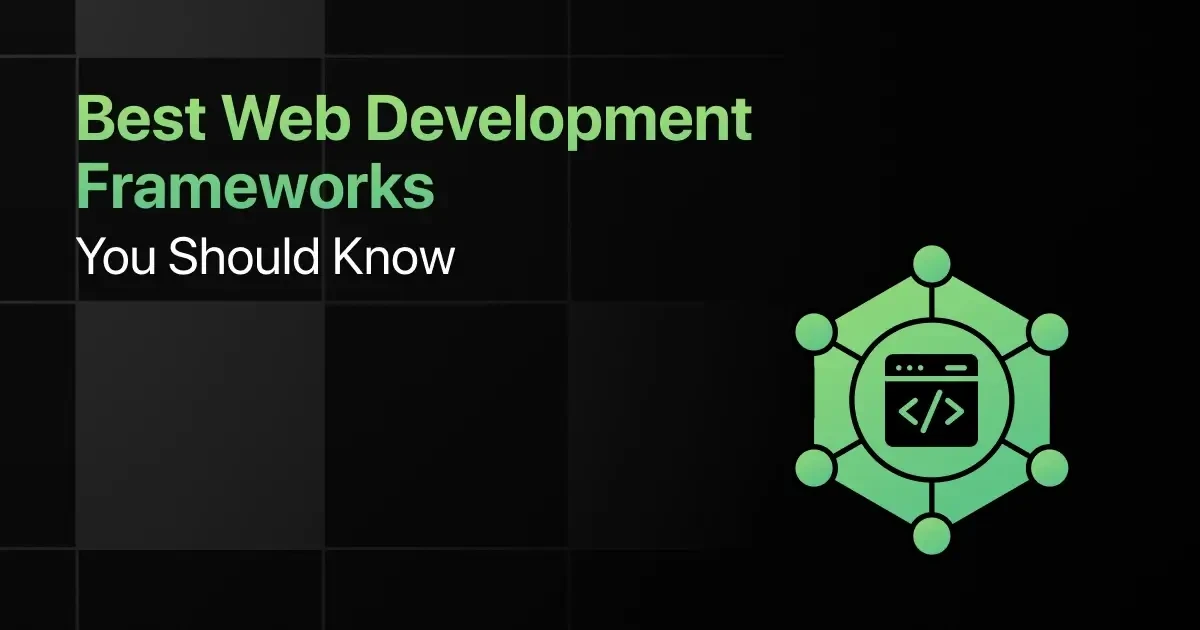Top Web Development Frameworks You Should Know
In today’s digital age, having a strong online presence is crucial for businesses to succeed. One of the key components of a successful online presence is a well-designed and fully functional website. Web development frameworks are essential tools for developers to streamline the process of building websites and web applications. In this article, we will discuss some of the top web development frameworks that every developer should be familiar with.
1. React
React is a popular JavaScript library developed by Facebook for building user interfaces. It is widely used for creating interactive and responsive web applications. React uses a virtual DOM (Document Object Model) to efficiently update the UI without re-rendering the entire page, making it fast and efficient. React’s component-based architecture allows developers to easily reuse code and build complex UIs with ease.
2. Angular
Angular is a robust front-end framework developed by Google. It allows developers to build dynamic and feature-rich web applications. Angular’s two-way data binding and dependency injection make it easy to manage and update data in real-time. With features like routing, forms, and animations, Angular is a comprehensive framework for building modern web applications.
3. Vue.js
Vue.js is a progressive JavaScript framework that is gaining popularity among developers. It is known for its simplicity and ease of use. Vue.js allows developers to build interactive and dynamic user interfaces with minimal effort. Vue’s reactivity system and component-based architecture make it a powerful tool for building modern web applications.
4. Django
Django is a high-level Python web framework that is ideal for building robust web applications. It follows the model-view-template (MVT) architectural pattern, which separates the logic of the application from the presentation layer. Django provides a built-in admin interface, authentication system, and ORM (Object-Relational Mapping) for interacting with databases. With Django’s extensive documentation and community support, developers can quickly build secure and scalable web applications.
5. Ruby on Rails
Ruby on Rails, often referred to as Rails, is a popular web application framework written in Ruby. It follows the convention over configuration (CoC) principle, which emphasizes using sensible defaults to minimize the need for configuration. Rails’ scaffolding feature allows developers to generate boilerplate code quickly, reducing the time needed to build web applications. With a strong emphasis on code readability and simplicity, Rails is an excellent choice for startups and small businesses.
6. Express.js
Express.js is a minimalist and flexible Node.js framework designed for building web applications and APIs. It provides a robust set of features for handling HTTP requests, routing, and middleware. Express.js is lightweight and unopinionated, allowing developers to customize their applications according to their needs. With its simplicity and scalability, Express.js is a popular choice for building server-side applications in Node.js.
Conclusion
Web development frameworks play a crucial role in streamlining the process of building modern web applications. Whether you are a beginner or an experienced developer, familiarizing yourself with these top web development frameworks will help you stay ahead in the rapidly evolving tech industry. By choosing the right framework for your project, you can build secure, scalable, and feature-rich web applications that will delight your users and drive business growth.
Stay updated with the latest trends in web development and experiment with different frameworks to find the ones that suit your needs best.


